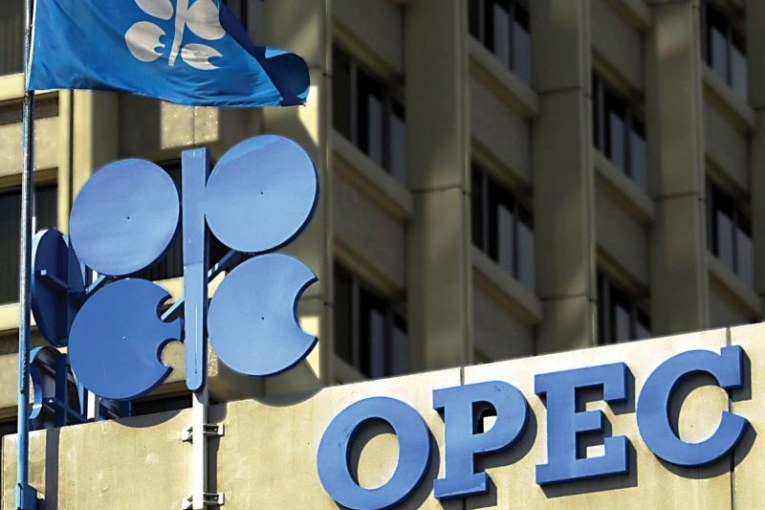
Oil prices slipped on Tuesday, extending losses of more than 3 percent during the previous session, after U.S. President Donald Trump called on OPEC to ease its efforts to boost the market. U.S. West Texas Intermediate (WTI) crude futures were at $55.19 per barrel, down 29 cents, or 0.5 percent. WTI futures dropped 3.1 percent on Monday.
International Brent futures were at $64.66 a barrel at 0346 GMT, down 10 cents, or 0.2 percent, from their last close. Brent, which plunged 3.5 percent on Monday, fell to as low as $64.32 a barrel on Tuesday, the lowest since Feb. 14.
Analysts said the United States, the world’s biggest oil consumer, was keen to counter a recent rally in prices driven by major exporters trimming production. From Feb. 8 to Feb. 22, Brent prices gained 8.1 percent.
Trump on Monday expressed concern about oil prices and repeated his previous calls on the Organization of the Petroleum Exporting Countries (OPEC) to keep prices steady.
“The warning carries more weight this time around, with U.S. legislators resurrecting a bill that would make the organization subject to antitrust laws in the U.S.,” ANZ Bank said in a research note.
OPEC and some non-affiliated producers such as Russia agreed late last year to cut output by 1.2 million barrels per day (bpd) to prevent a large supply overhang from growing.
Saudi Arabia, the world’s largest oil exporter, recently estimated its production will fall in March by more than anticipated under the supply-reduction agreement, to 9.8 million bpd.
Analysts also noted that while Trump is attempting to ease prices lower, sanctions by the United States against oil exporters Iran and Venezuela have contributed to the recent gains and are providing a floor for prices.
“The U.S. is well aware that their sanctions on Iran and Venezuela are also helping oil prices remain bid and they are not in a position to abandon those stances,” said Edward Moya, a senior market analyst at brokerage OANDA.
“The timing of the Presidents tweet could be extremely ideal as he may have helped nudge many oil traders in closing out bullish positions.”
You can read more of the news on source



